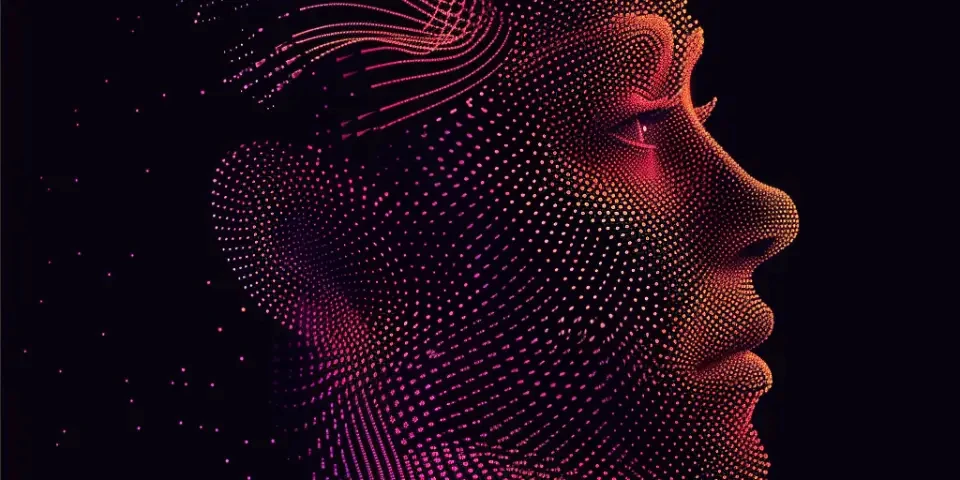AI vs Human Intelligence Exploring the Boundaries of Creativity
Artificial Intelligence (AI) has become an integral part of our lives, transforming various industries and revolutionizing the way we think about problem-solving and creativity. However, the question remains: can AI truly match or even surpass human intelligence when it comes to creativity? In this article, we delve into this fascinating topic and explore the boundaries of creativity as we compare the abilities of AI and human intelligence.
The Creative Process: AI vs Human
When it comes to creativity, humans have long been considered the epitome of innovation and imagination. The human brain is a complex network of interconnected neurons, capable of generating unique ideas and making unexpected connections. AI, on the other hand, relies on algorithms and data processing to simulate creative outputs. While AI can analyze vast amounts of data and recognize patterns, it lacks the depth and richness of human experiences that often lead to groundbreaking creative breakthroughs.
Explore Spicy Chat in WeMate
While AI excels in certain aspects of creativity, such as generating music or artwork, it still struggles to replicate the emotional depth and storytelling capabilities that humans possess. The ability to evoke emotions and create meaningful narratives remains a challenge for AI, as it lacks true consciousness and empathy?qualities deeply embedded in human intelligence.
Exploring the Boundaries: Where AI Outshines Humans
While human intelligence is undoubtedly remarkable, AI brings a set of unique advantages to the table. Here are several areas where AI excels in creativity:
1. Data Analysis and Pattern Recognition: AI's computational prowess allows it to detect intricate patterns and relationships within massive datasets, enabling it to uncover novel insights and generate creative solutions that humans may overlook.
2. Speed and Efficiency: AI can process information at an incredibly rapid pace, enabling it to generate ideas and iterate through various options in real-time. This efficiency is particularly useful in scenarios that require immediate responses or quick decision-making.
3. Collaborative Creativity: AI has the potential to augment human creativity by acting as a collaborative partner. It can provide valuable suggestions, inspiration, or alternative perspectives during the creative process, leading to new avenues of exploration and ideation.
Despite these advantages, it is essential to consider the limitations of AI in comparison to human intelligence. AI lacks genuine emotions, intuition, and the ability to adapt flexibly to unexpected situations. These inherent human traits contribute significantly to the depth and complexity of creativity.
AI vs Human: A Collaborative Future
Rather than pitting AI against human intelligence, the future lies in the collaboration between the two. Using AI as a tool to enhance human creativity has the potential to unlock unprecedented possibilities. By harnessing the computational capabilities of AI, humans can leverage the algorithmic insights to push the boundaries of their own imagination and creative endeavors.
As AI continues to evolve, we must also address the ethical considerations associated with its implementation. Ensuring transparency, fairness, and accountability in AI systems will be crucial to maintaining the integrity of human creativity and preventing any potential biases or ethical dilemmas from arising.
Frequently Asked Questions
Q: Can AI truly be considered creative?
A: While AI can generate outputs that resemble creativity, the lack of consciousness and emotional depth makes it difficult to define AI-generated outputs as truly creative in the human sense.
Q: Can AI replace human creativity entirely?
A: While AI can offer innovative solutions and augment human creativity, it is unlikely to replace the depth and complexity of human creative capabilities entirely.
Q: Is AI a threat to human creativity?
A: AI poses more as an opportunity than a threat to human creativity. By leveraging AI's computational power, humans can amplify their creative potential and explore new frontiers.
References:
1. Chollet, F. (2018). "Artificial Intelligence: The Creativity Challenge." Distill, Vol. 3, No. 12.
2. Govindarajan, V., & Ramdass, K. (2017). "Artificial Intelligence as an Amplifier of Intuition in Creativity." MIT Sloan Management Review.
3. McCosker, A., Wilken, R., & Wilken, R. (2018). "Artificial Intelligence and the Co-Creation of Music." First Monday, Vol. 23, No. 8.
Join us at Wemate AI for conversations so light that they would float in water! Who needs deep discussions when you can joke about wiggly jelly beans?
Explore your companion in WeMate